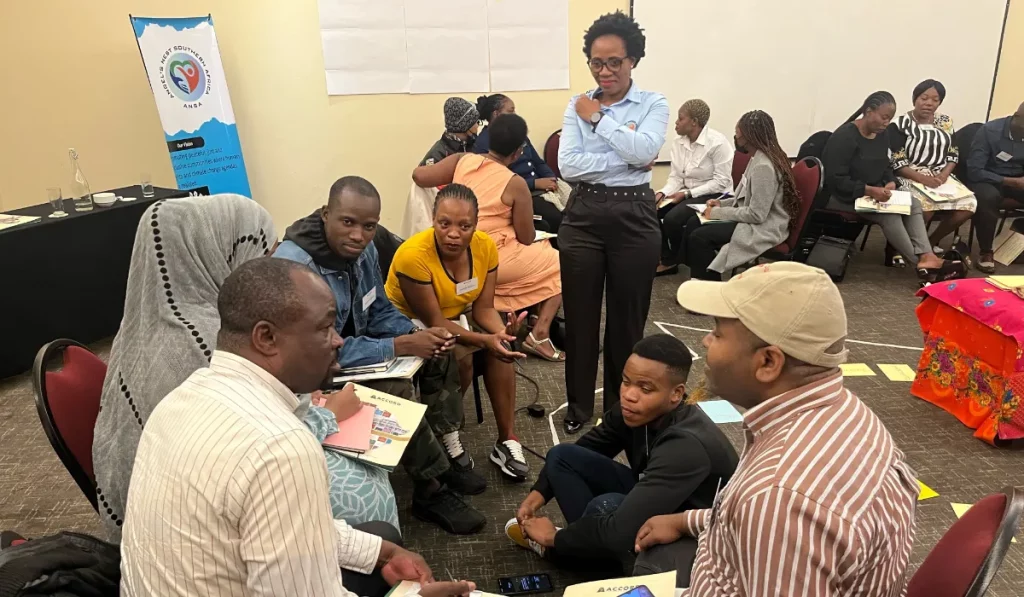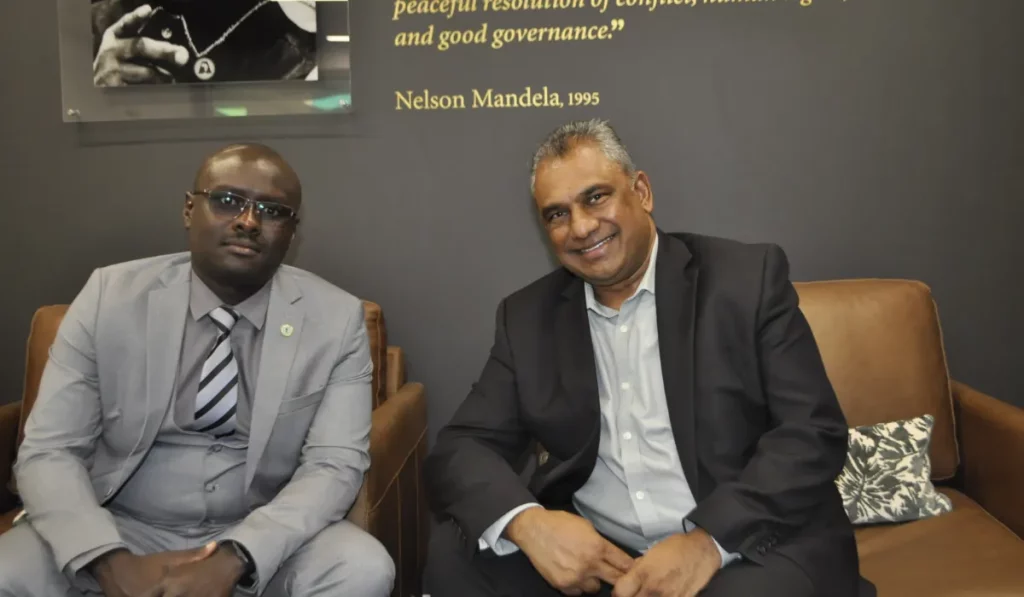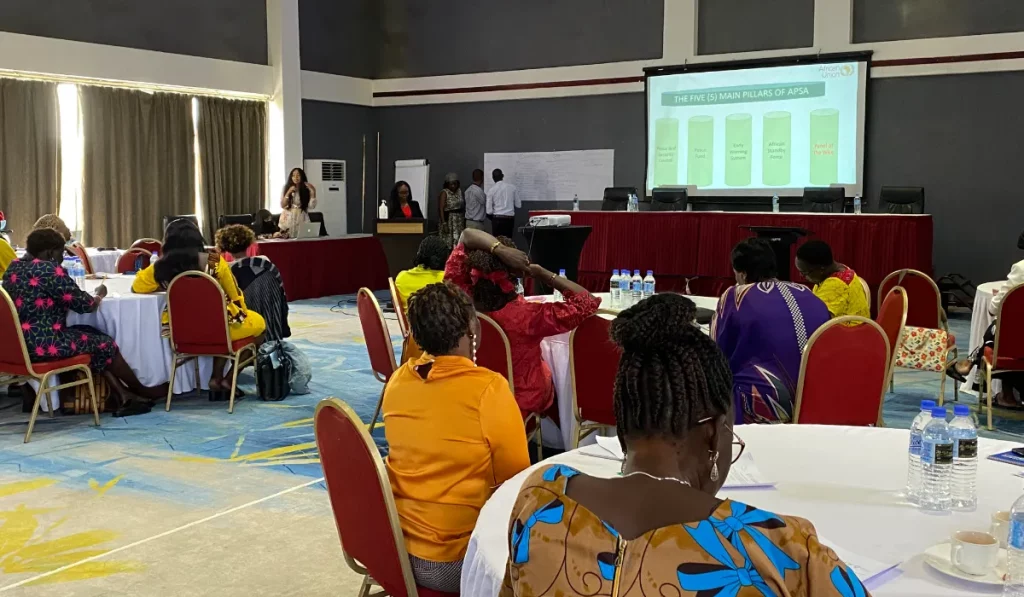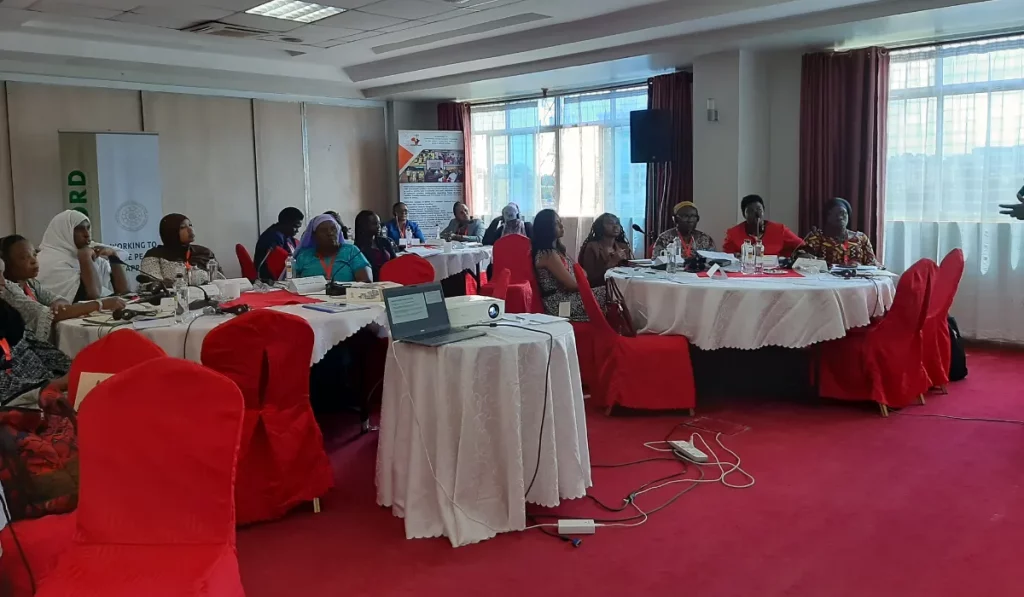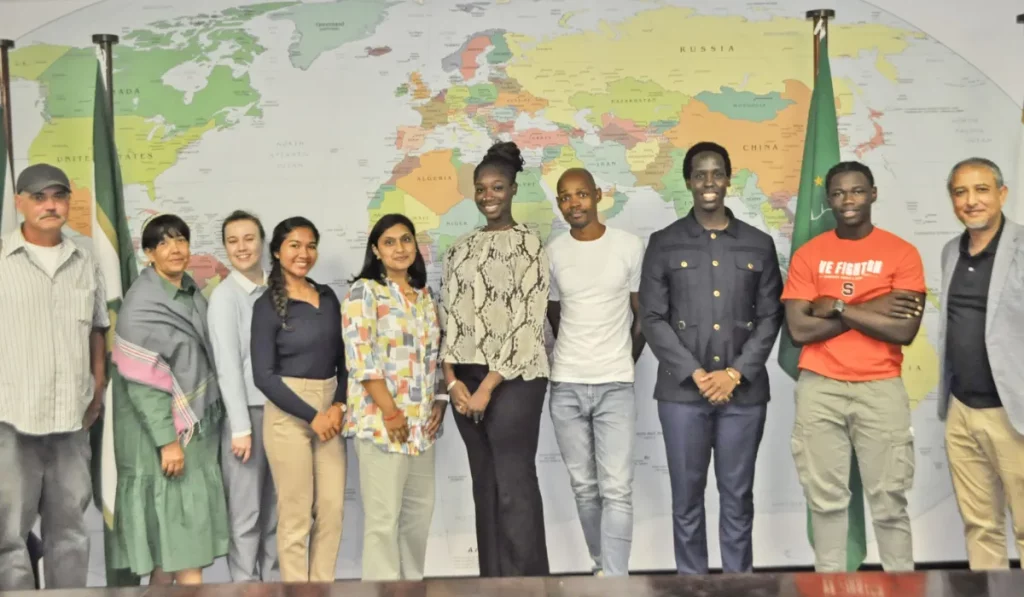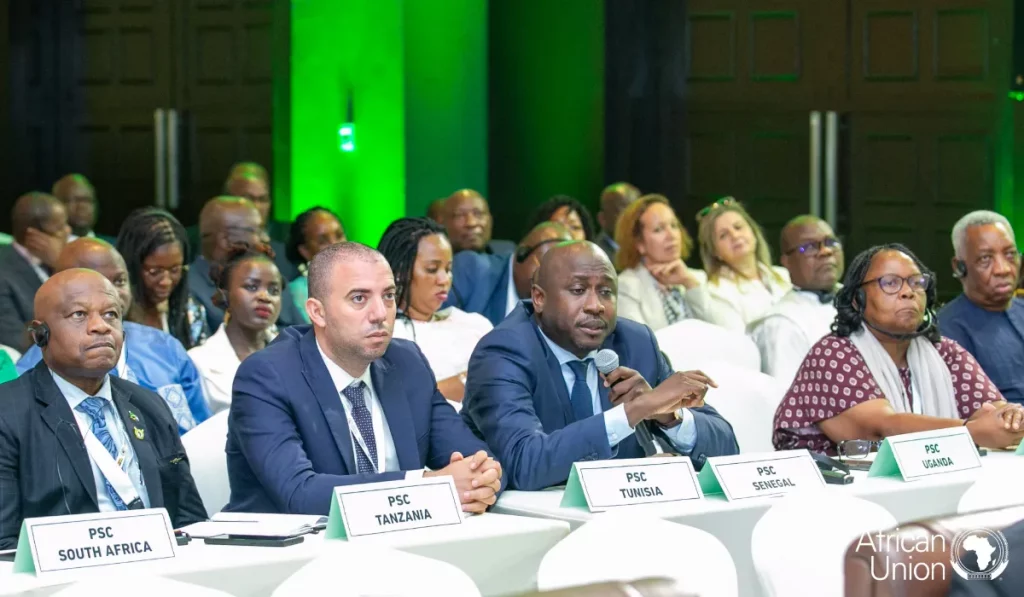The Training for Peace (TfP) Programme at ACCORD has participated in a TfP Research Network Meeting organised by the Norwegian Institute of International Affairs (NUPI), with the aim to discuss on police related research, and to reflect on the recommendations of the review of the TfP police dimension, with regards to the role of police in peace operations. The meeting facilitated joint discussion and strategises the need to focus more work on the police dimension of peacekeeping, to help reform the police component in peace operations worldwide.
TfP/ACCORD presented on the achievements of Formed Police Unit (FPU) in African Union (AU) peace operations, and contributed practically and academically to the debate on the way forward in reforming the police component.
The TfP Research Network Meeting was organised and hosted by NUPI, from 5th – 6th June 2013, in Olso, Norway. TfP partners including John Karlsrud – head of TfP at NUPI; Dr Kjell Hodnebo – TfP Manager, section for Security, Policy and North America Royal Norwegian Ministry of Foreign Affairs; Dr Louise Caparini – Senior Researcher Peace Operations and Peacebuilding Research Group; Maren Eline Kleiven – Police Advisor, NUPI; Tor Tanke Holm – Norwegian Police University College; Andre Roux – Senior Researcher and Training Coordinator – ISS; Annette H. Leijenaar – Division head Conflict Management and Peacebuilding – ISS; Dr Kwesi Aning – Director Academic Affairs and Research – KAIPTC; Susan Catherine Nelson – Programme head TfP KAIPTC; Festus Aubyn – Senior Research Fellow KAIPTC; and Nanzelelo Moyo – Recruitment Unit AFDEM were represented. The Programme was represented by Ms Olivia Davies – Peacekeeping Unit Programme Officer.
Partner institutions presented on various crucial topics. These include: Status of Knowledge about Policing and Police Reform in Africa Civilian Personnel in AU PSOD; From Politics to Practice: Efficient Reformation of the Liberian Police?; Changing Trends in Policing in Peace Support Operations: A Study of the Ghana Police Service; the United Nations Mission in South Sudan In-Mission Training Needs Assessment (TNA); and Linking Police/Civilian Training with Deployment: Establishing AFDEM’s Role in the Aftermath of Training. The discussion on these topics provided a forum for an increased understanding of the critical needs of the police.
The meeting provides an opportunity for key institutions directly involved in this process to discuss approached that can be adopted to reform the police component amidst the recommendations put forward by the review of the TfP police dimension. A Masters class approach to training – wherein continuous training support needs to be provided for police personnel who have gone through standard training was recommended for police while implementing their task. The meeting identifies that mentoring is the best method to develop the required skills for police in peace operations. Partners further agreed that a security sector reform (SSR) approach is needed to see a desired outcome in police reform. These approaches are: 1. holistic, 2. sustainable, 3. Integrated, 4. focused, 5. tailored, 6. locally owned, 7. prioritised, and 8. monitored and evaluated.
The outcome of the TfP Research Network will contribute to achieve ACCORD’s TfP 2013 objective which is to contribute towards the development of a multi-dimensional and integrated approach to African peace operations, and identify relevant policy and training needs of the police component in terms of their engagement with civilians in peace operations.
The Training for Peace Programme at ACCORD is an initiative funded by the Norwegian Ministry of Foreign Affairs.



